Little dudes and dudettes in many mammal
families need role models to teach positive behavior.Question: If you knew your interactions with students were having a genetic impact on the way they behaved in the future, would you change the way you relate to them?
In a study lead by Dr. Moshe Szyf, Professor of Pharmacology and Therapeutics at McGill University, the idea that “nurturing” infant rats led to significant changes in their epigenome was solidified. While the impact on human epigenetics (how your DNA actually manifests in behavior) has not been as intensely studied, it is my opinion that the research on our fellow mammals indicates we may be shaping our kids’ and students’ lives even more than we thought.
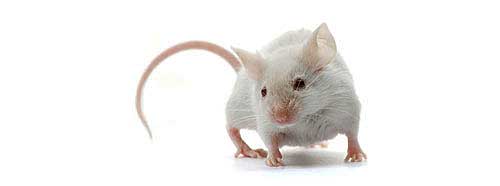
Nobody is born with ALL the traits they need to prosper.
Picture yourself in a laboratory. It is, at first glance, sterile in appearance. But quickly the smell of life enters your nose – that good/bad odor which accompanies such basic activities of eating, digesting and so forth. A researcher makes a circuit around the room, holding a clipboard. She patrols the room, looking into the little cages and checking off boxes on the paper in front of her. Yes or no. The rats in the cages seem hardly aware of her. Most of the fuzzy rodents are mothers, nursing their young, which may number up to sixteen. Quite a brood to care for, and the little tots are constantly in need of food, cleaning and, notably, comfort.
The choice, however, to provide comfort is not universal among the mother rats. To lick the infant rodent or not to lick the infant rodent? That is the question asked by McGill University’s Pharmacology and Therapeutics research team. Some mothers do. Some don’t. Not dissimilar from the choices we make every day. Darwinian logic would tell us that many of our choices are somewhat mysterious, caused by mutations in genes being selected by an environment for their efficiency over hundreds of generations. Deep genetic things, encoded in us, often inscrutable and part of a blueprint that we cannot expect to alter in our singular lifetimes.
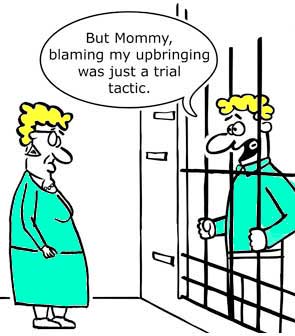
The characteristic of being supportive is likely linked to a genetic switch which can be flipped on or off.
Or maybe that’s not the whole story. Maybe life isn’t a question of nature or nurture but rather how the meeting of the two works. And in that meeting point, might there be opportunities for us to make a genetic impact on our lives and the lives of those around us within our lifetimes?
As an educator, I wonder how profound a difference we make in the lives of the students we teach, and therefore how deep my responsibility lies.
In the instance of the mama rats and baby rats, there are some very tangible events we can relate to which have some curious chemical and biological effects. For when a mama rat licks a baby rat, it causes a release of serotonin in the infant’s brain. The baby rat feels, if it is anything like us, a sense of well-being. Serotonin helps regulate mood, appetite, and sleep among other things and is thought to be an important contributor to that nexus idea of happiness.
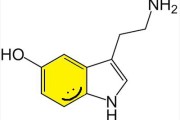
Evolution only takes us so far past the obstacles barring us from a better world.
How people ultimately function is greatly based on how they are treated and taught.
Good stuff. Baby rat is healthier and more content. And something else happens. As serotonin enters the little tyke’s brain cells a whole litany of complex neurological events occur – and somewhere in that process, a genetic switch is flipped. Not added or subtracted, but turned on. The part of the rat blueprint that says “lick my baby when I have one” is lit up. The decision to be a good mama rat when the little rat grows up is being made by the influence of positive parenting.
Pretty cool. Nature and Nurture shaking hands in the boardroom of life. So while our blueprints may be somewhat arbitrarily handed to us, we are nonetheless the architects choosing what it is we will construct with the building blocks we have been given.
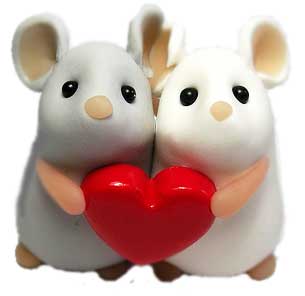
Every kid can be successful – their genes didn’t make it this far in history for nothing. Whether they will be successful is up to us.
This tells me that as a human teaching another human, what seems to be a very mysterious question of impact may be even more profound than I suspected. We may literally be impacting our children at a genetic level and almost certainly changing the way they will make choices in the future.
And what of the baby rats not getting licked? Will they survive? Most likely, yeah, because it’s not such a crucial piece of genetic coding that it has been exclusively selected for. But, then, life is about a little more than just getting by.
Media Inspiration
The inspiration from this post came from a RadioLab podcast entitled “Inheritance”. From their website: “Radiolab is a show about curiosity. Where sound illuminates ideas, and the boundaries blur between science, philosophy, and human experience. Radiolab is heard around the country on more than 450 NPR stations. Check your local station for airtimes.”
At High Trails Outdoor Science School, we literally force our instructors to write about elementary outdoor education, teaching outside, learning outside, our dirty classroom (the forest…gosh), environmental science, outdoor science, and all other tree hugging student and kid loving things that keep us engaged, passionate, driven, loving our job, digging our life, and spreading the word to anyone whose attention we can hold for long enough to actually make it through reading this entire sentence. Whew…. www.dirtyclassroom.com

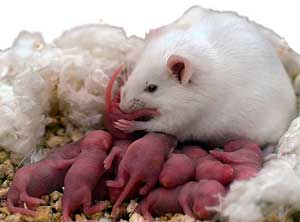
Comments are closed.